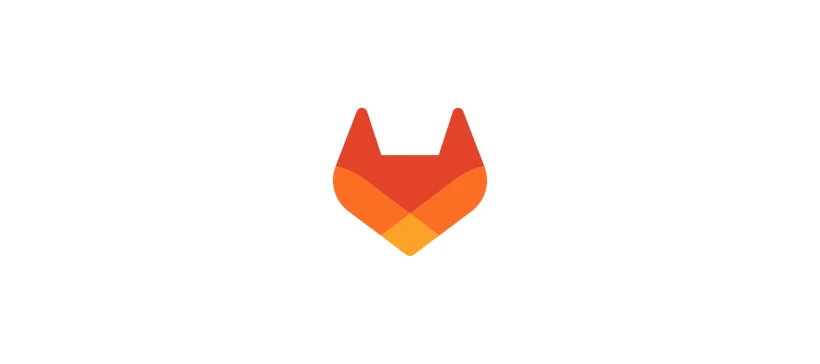Our 2022 Global DevSecOps Survey is out now! Learn the latest in DevOps insights from over 5,000 DevOps professionals.
In the struggle to release safer software faster, development teams are increasingly choosing a DevOps platform to help them get there. In our 2021 Global DevSecOps Survey we asked respondents what their DevOps practices included and a "DevOps platform" was among the top four choices, right next to CI/CD, test automation, and DevSecOps.
We're of course bullish on the idea of a DevOps platform, but we're far from alone. Here's a fresh look at how the data – and the customers – support the optimistic trajectory of a DevOps platform.
DevOps is hot
The DevOps market was worth $6 billion in 2020, according to Global Industry Analysts, and five-year growth forecasts range from $17 billion to as much as $23 billion, depending on the firm.
[Watch a deep dive into GitLab's DevOps Platform]
This probably doesn't need saying, but one reason the market is so strong is that DevOps works. In late 2020, Forrester Research conducted "The State of Modern Technology Operations Q4 2020," and concluded "the DevOps hypothesis is sound". The report went further to say that companies successfully working in a DevOps/Agile model were able to release faster and thus have higher revenue growth.
A DevOps platform is the logical next step
But in order to do DevOps a team needs tools, and too many tools results in a toolchain, which is where things can get very messy quickly. Time consuming handoffs, integrations and maintenance lead to what Forrester calls the "DevOps tax" of roughly 10%, meaning teams have to spend that much of their time each month just trying to keep the toolchains running. (In our 2021 Survey, the tax was even higher: 20% of survey takers said they spend between 11% and 20% of their time just on toolchain maintenance and integration).
[Use a DevOps platform to avoid the DevOps tax]
A DevOps platform with end-to-end visibility and everything in one place eliminates the tax and boosts DevOps performance. Nearly 12% of survey respondents told us that adding a DevOps platform has allowed them to release software faster. Overall, our survey takers said the use of a DevOps platform resulted in better DevOps, improved collaboration, easier automation and more comprehensive visibility/traceability.
One developer put it succinctly: "[Using a DevOps platform] means reduced mean time to recovery (MTTR), quicker time to market, reduced lead time for fixes, and fewer change failures."
And if all of that wasn't enough, a single DevOps platform gives everyone in the company the ability to see and participate in the process. In fact, 23% of our survey takers said everyone in their company – not just Dev and Ops – actually uses the DevOps platform.
DevOps platforms in the real world
How do teams really take advantage of a DevOps platform?
BI Worldwide, a global engagement agency, found the ability to tie all the processes together made a difference. "One tool for SCM+CI/CD was a big initial win," says Adam Dehnel, product architect at BI. "Now wrapping security scans into that tool as well has already increased our visibility into security vulnerabilities. The integrated Docker registry has also been very helpful for us. Issue/Product management features let everyone operate in the same space regardless of role."
[How to get the most out of your DevOps platform]
Less turned out to be more at Glympse, a geo-location sharing service provider that consolidated close to 20 different tools into GitLab. "Development can move much faster when engineers can stay on one page and click buttons to release auditable changes to production and have easy rollbacks; everything is much more streamlined," explains Zaq Wiedmann, lead software engineer at Glympse. "Within one sprint, just 2 weeks, Glympse was able to implement security jobs across all of their repositories using GitLab's CI templates and their pre-existing Docker-based deployment scripts."
Want a more detailed look at the role a DevOps platform can play in your organization? Explore our comprehensive guide to DevOps platforms.
Our 2022 Global DevSecOps Survey is out now! Learn the latest in DevOps insights from over 5,000 DevOps professionals.




